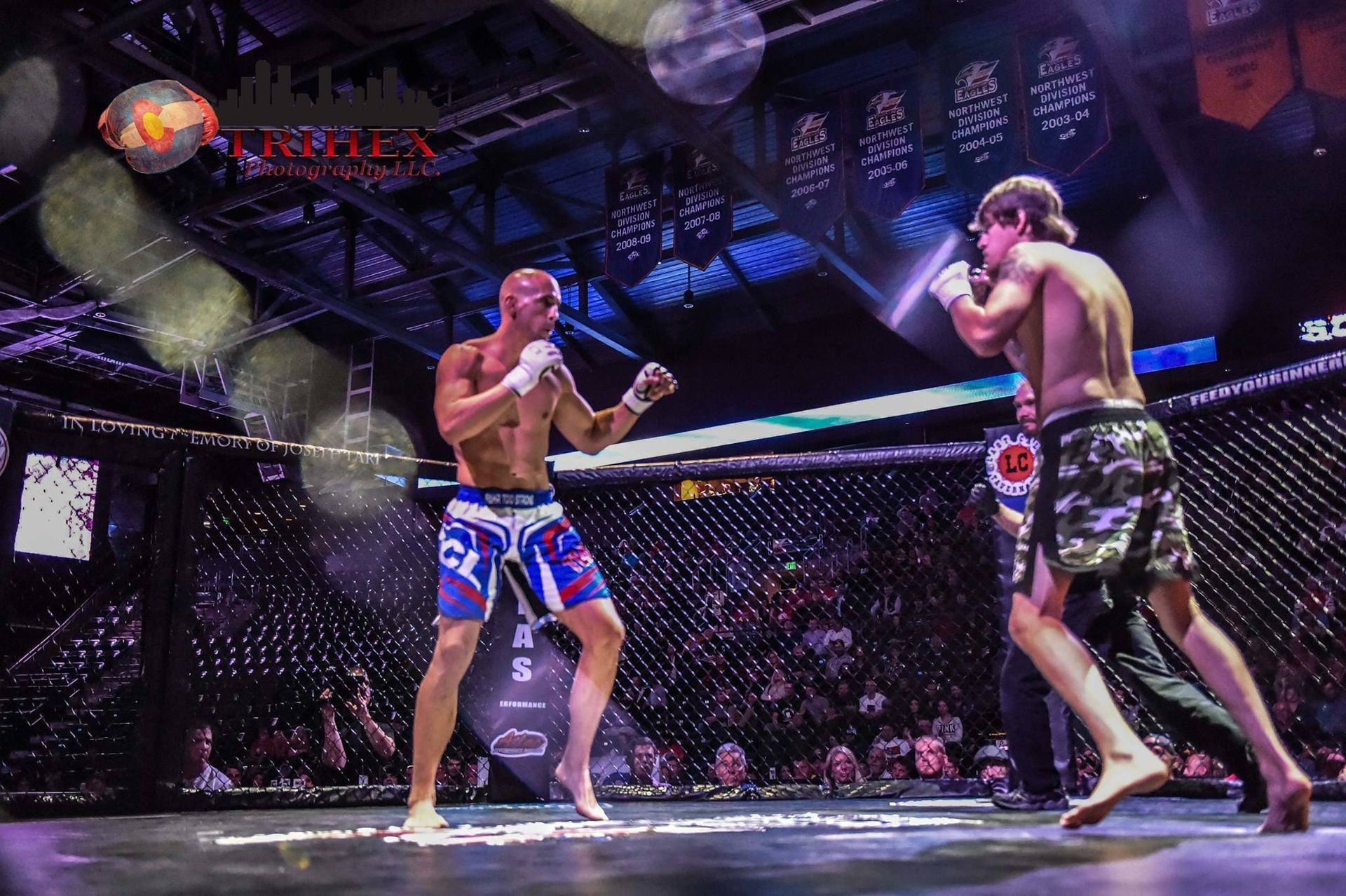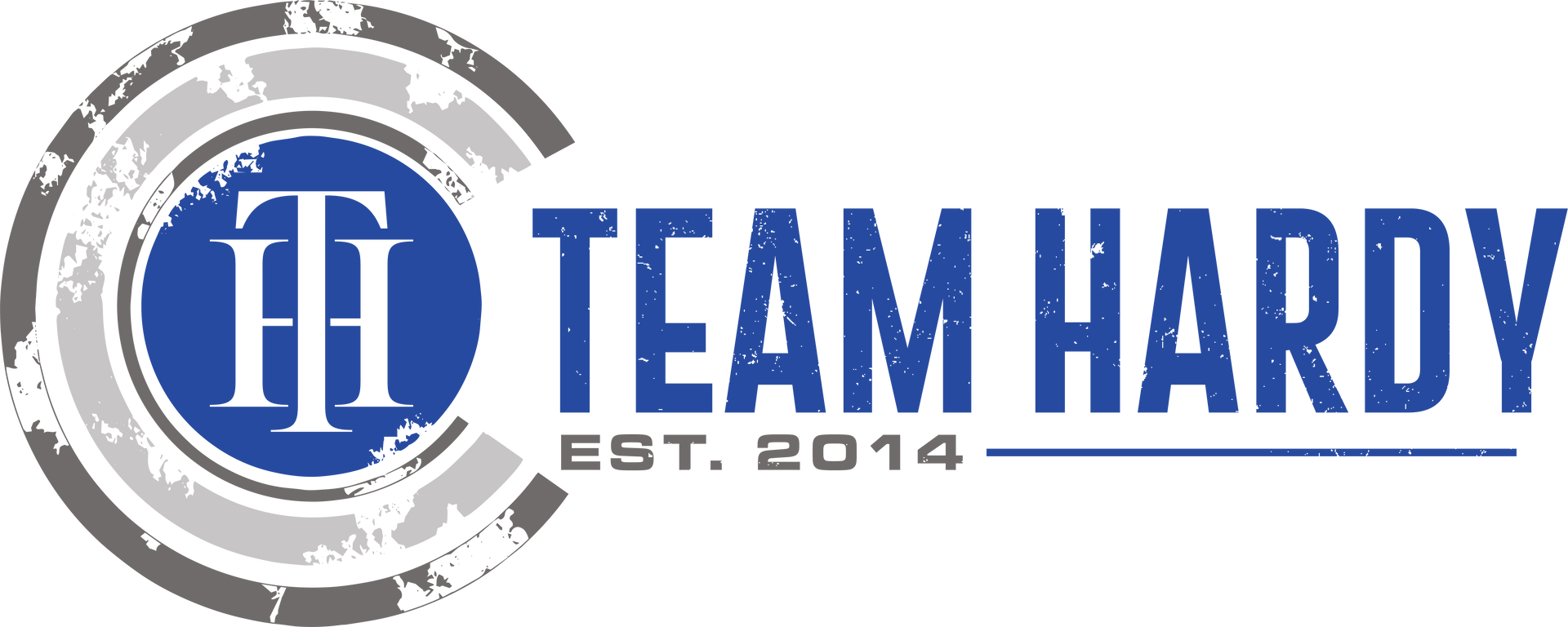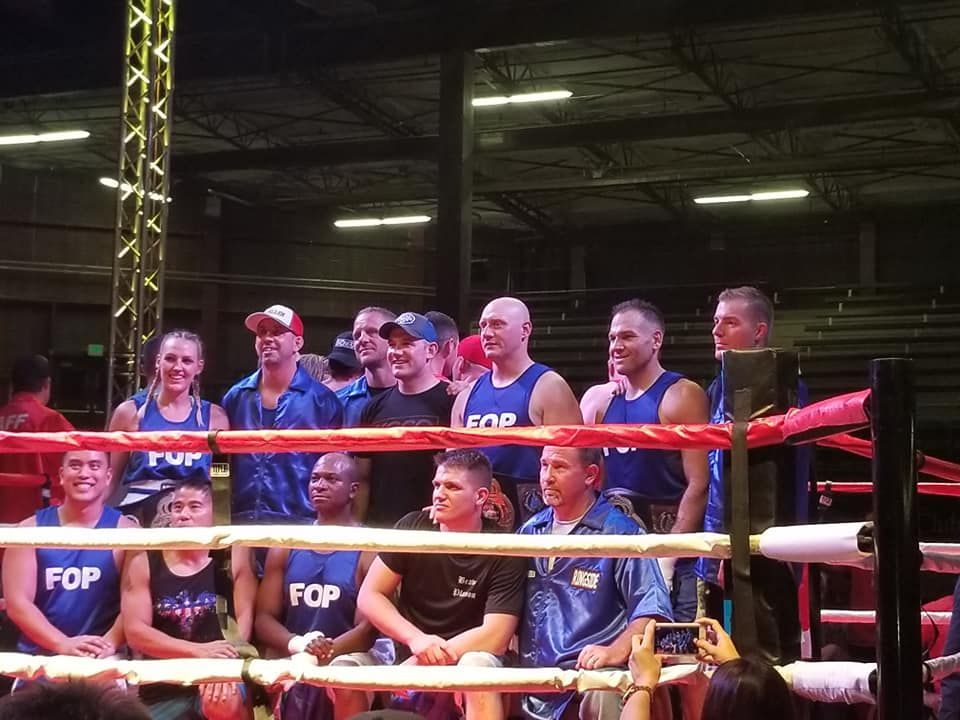Lessons for Law Enforcement Brazilian Jiu Jitsu Practitioners

With Brazilian Jiu Jitsu (BJJ) continuing to surge in popularity—and its undeniable value in law enforcement training—I want to share a few hard-earned lessons from my own journey that began over two decades ago.
Like many of you, I was a young police officer asking tough questions:
- What happens when a scuffle goes to the ground?
- How do I protect my weapon if taken down?
- How do I escape—or out-technique—someone bigger and stronger?
At the time, no law enforcement training system was answering these questions. Yet nearly every high-risk, combative encounter ended on the ground. We were taught how to take subjects down, but not what to do once we got there.
Thankfully, with support from my agency, I began training BJJ at a local academy. I was given the freedom to train often—not just for personal growth, but to build a program that could serve our entire organization.
Here are a few lessons I wish I had known when I started:
1️⃣ Choose the Right Academy
There are levels to BJJ—and they evolve. You might start for fitness or job-related skills, then find yourself hooked on the process, training daily, watching videos, and even competing. That’s a vastly different path than someone who trains once or twice a week for professional readiness.
Tip: Choose an academy that aligns with your goals. Too many eager officers walk into gyms with mismatched training styles, get injured or overwhelmed, and never return. Protect your passion by choosing wisely.
2️⃣ Training Partners Matter
Yes, BJJ empowers smaller practitioners to overcome larger opponents. Royce Gracie proved that. But you don’t need to be Royce every practice.
Tip: For longevity and job readiness, train with partners who:
- Demonstrate control
- Are close to your size
- Understand your purpose
This keeps you sharp—and shift-ready.
3️⃣ Win Less, Flow More
Live rolling was one of BJJ’s biggest selling points when I started. I loved testing myself daily. But chasing wins stunted my growth—and led to most of my injuries.
Tip: Prioritize flow rolls. Flowing allows experimentation, reduces ego, and minimizes injury. Winning and learning rarely coexist. Flowing builds skill, awareness, and longevity.
💭 Final Thoughts
BJJ has shaped me as a practitioner, coach, and leader. It’s not just a sport—it’s a philosophy of control, humility, and growth.
If you’re just starting or deep in your journey, I hope these lessons help you train smarter, stay safer, and stay on the mats longer.
If you’re building a program for your agency or looking to integrate BJJ into your tactical training, I’d love to hear your story. Let’s keep the conversation going.




